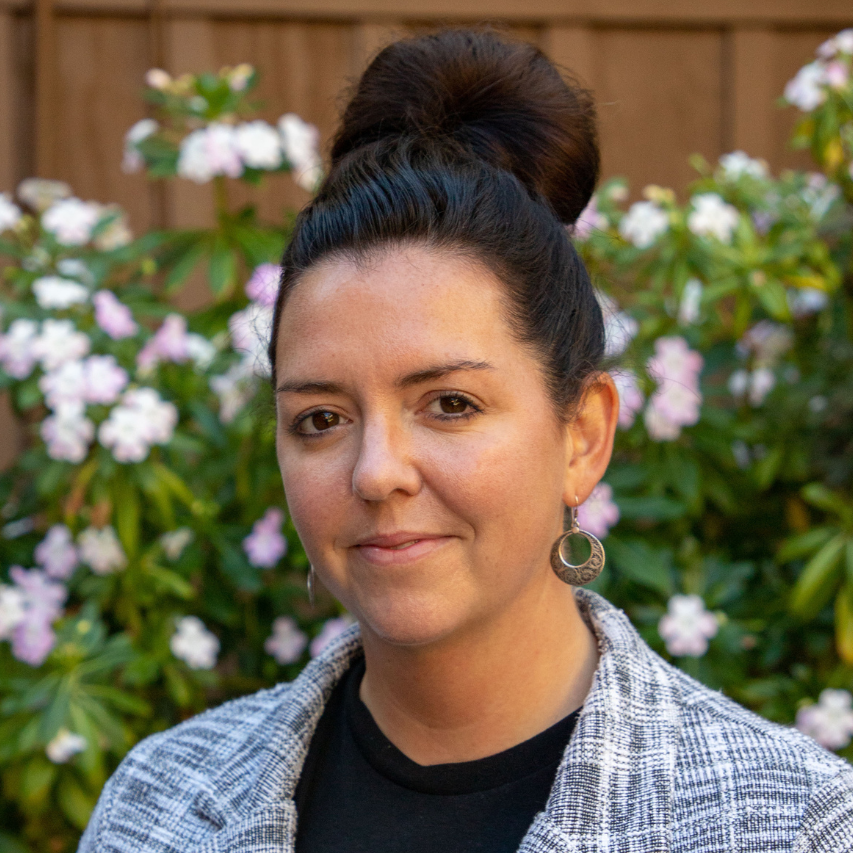Few Winners, Billions of Losers: Hurricane Matthew isn’t Special
Leah Qusba
|October 7, 2016
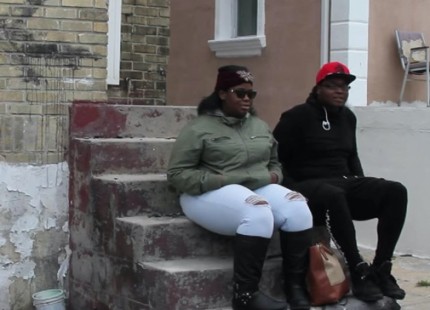
ACE Fellow Annie Willis lost her home to Hurricane Sandy
Almost four years ago exactly, Hurricane Sandy devastated the East Coast, including New York City, Far Rockaway and parts of the New Jersey coast. It was the deadliest and most destructive hurricane in 40 years and the second-costliest in US history.
People of color and low-income communities still bear the brunt of Hurricane Sandy’s devastation today, like ACE Action Fellow, Annie Willis. She and her family, residents of Far Rockaway, lost their home permanently as a result of the storm.
Four years later at this very moment, the US Atlantic coast is being ravaged by Hurricane Matthew.
Scientists say it’s the most powerful storm to threaten the Atlantic coast in a generation and that “Matthew turned from a tropical storm into a Category 5 hurricane in just 36 hours, mainly fueled by warmer than average waters.” More than 800 have already died in Haiti alone as a result. But, Matthew isn’t special. This is what happens when climate change goes unchecked.
This is what happens when climate change goes unchecked.
Florida is experiencing rapid coastal flood inundation due to climate change and associated rising seas. A recent report suggests that one in eight Florida properties will be underwater by 2100, and experts say the problem will only get worse, and quickly. People of color and low-income communities, like in much of the rest of the United States, will bear the brunt of climate change throughout the state. Just inland and north of Miami are the low-lying cities of Hialeah and Opa-locka.
These cities currently experience routine flooding in their streets during average rainstorms and are largely home to low-income people of color who identify as Latino and Black. It’s clear that there are lots of losers when it comes to inaction on climate change. There are billions of us. But, there are also a few winners.
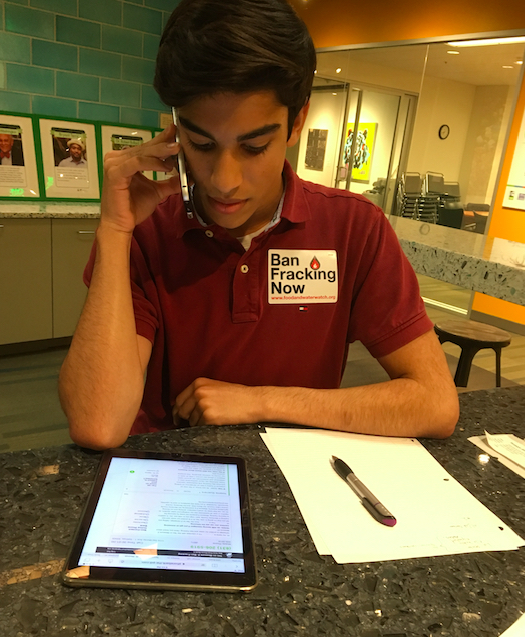
The fossil fuel industry continues to benefit while the rest of us lose, especially those that did the least to contribute to climate change and have the fewest resources to protect themselves. At the same time as local people are being inundated by constant flood and storm risks, Hialeah is home to one of only a few liquified natural gas (LNG) export facilities in the United States. Recently, several organizations filed a lawsuit in federal court to stop the construction of the 515-mile Florida Southeast Market Pipelines Project, including the Sabal Trail pipeline.
This project would transport fracked gas “across 699 waterbodies, lakes, rivers, and streams and harm 1,958 wetland systems in three states: Alabama, Georgia, and Florida.” Much of this gas would end up in Hialeah for export to the global market, putting these hyper-frontline communities at even greater risk of harm due to air pollution and associated explosion risks.
The story is the same throughout the Gulf Coast. The same people disproportionately affected by the impacts of climate change are being irreversibly harmed by the fossil fuel industry.
The New Orleans Gulf Coast loses a football field worth of land to sea level rise every hour, and just this year the federal Department of Housing and Urban Development (HUD) made a landmark decision to relocate an entire Indigenous community living on Isle De Jean Charles, Louisiana, due to sea level rise, resulting in members of the Biloxi-Chitimacha-Choctaw losing their land and heritage. These are the first official climate refugees in the United States.
I recently spoke with Gulf Restoration Network’s Johanna de Graffenreid, a former ACE staffer, in a recent phone call. She’s based in New Orleans and works to advocate for environmental justice and conservation throughout the Gulf states. She says, “it’s remarkable that flood risk has gotten bad enough that HUD has started a pilot project to relocate an entire community all at once. I’m happy to see that taking place because we can’t do climate migration one person at a time, we really need a community-based approach as this becomes more frequent.” She goes on to say, “This community is more than just the first climate refugees. They identify as oil and gas refugees.”
“This community is more than just the first climate refugees. They identify as oil and gas refugees.”
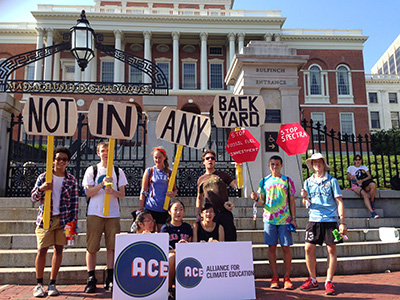
The oil and gas industry in the Gulf has degraded regional wetlands to the point of utter collapse, increasing flood risks and destroying the wetlands’ natural protection against hurricanes and sea level rise.
In New Orleans, just like in Hialeah and Opa-locka, one of the most urgent issues facing local communities, particularly people of color and low-income communities, is the rise of new fracked LNG export facilities and increased exploration for fossil fuels.
De Graffenreid explained that, “Right now, the world is facing a global LNG glut because we’ve over-fracked and new infrastructure, like export facilities, hasn’t kept up. There are currently only a handful of LNG export facilities across the United States, though 60 more are proposed nationwide, 30 of which are proposed for the Gulf Coast.”
Scientists say fracking is a huge contributor to climate change and if it continues to be left unchecked, could derail global efforts to curb emissions, like the recently-ratified Paris Climate Agreement. A recent study has found that globally, methane emissions from the fossil fuel industry are up to 60 percent higher than existing estimates.
Back in the Gulf Coast, not only are these LNG export facilities highly toxic and highly explosive, if they aren’t stopped, it will release an unstoppable pressure valve on the global market that will make banning fracking practices nearly impossible in the next 10-20 years, padding the pockets of fossil fuel executives even more.
It’s time to flip the odds in our favor.
It’s time to flip the odds in our favor. If we want to avoid more Hurricanes like Sandy and Matthew and more devastation for those most vulnerable, we must, as a movement, come together to lift up the stories of those most at risk. These communities need their stories to be told, and they also need resources as they are threatened on all fronts by the devastating impacts of climate change, as well as the equally-devastating impacts of continued fossil fuel expansion. Consider making a donation to one of the organizations below currently actively working in the Gulf states for climate justice, and make sure you register to vote for climate leadership on November 8th.
Gulf Restoration Network | New Orleans, Louisiana
Steps Coalition | Biloxi, Mississippi
Organize Now | Orlando, Florida
Join our Youth Action Network
More Blog Posts
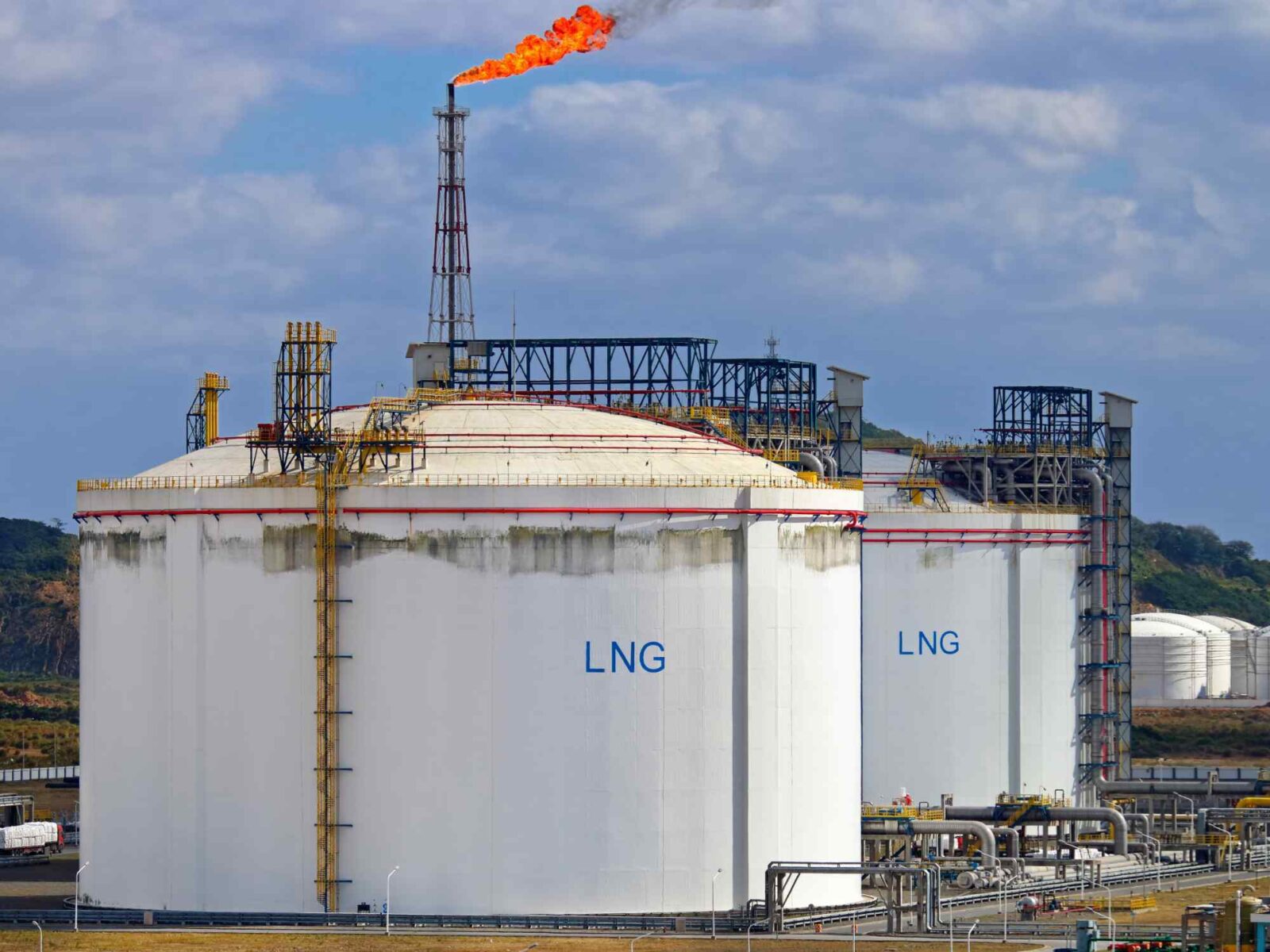
Our Climate Wins Were on Display at the State of the Union
Today, the Biden Administration temporarily halted all pending decisions on 17 Liquefied “Natural” Gas (LNG) projects across the Gulf South.
Read More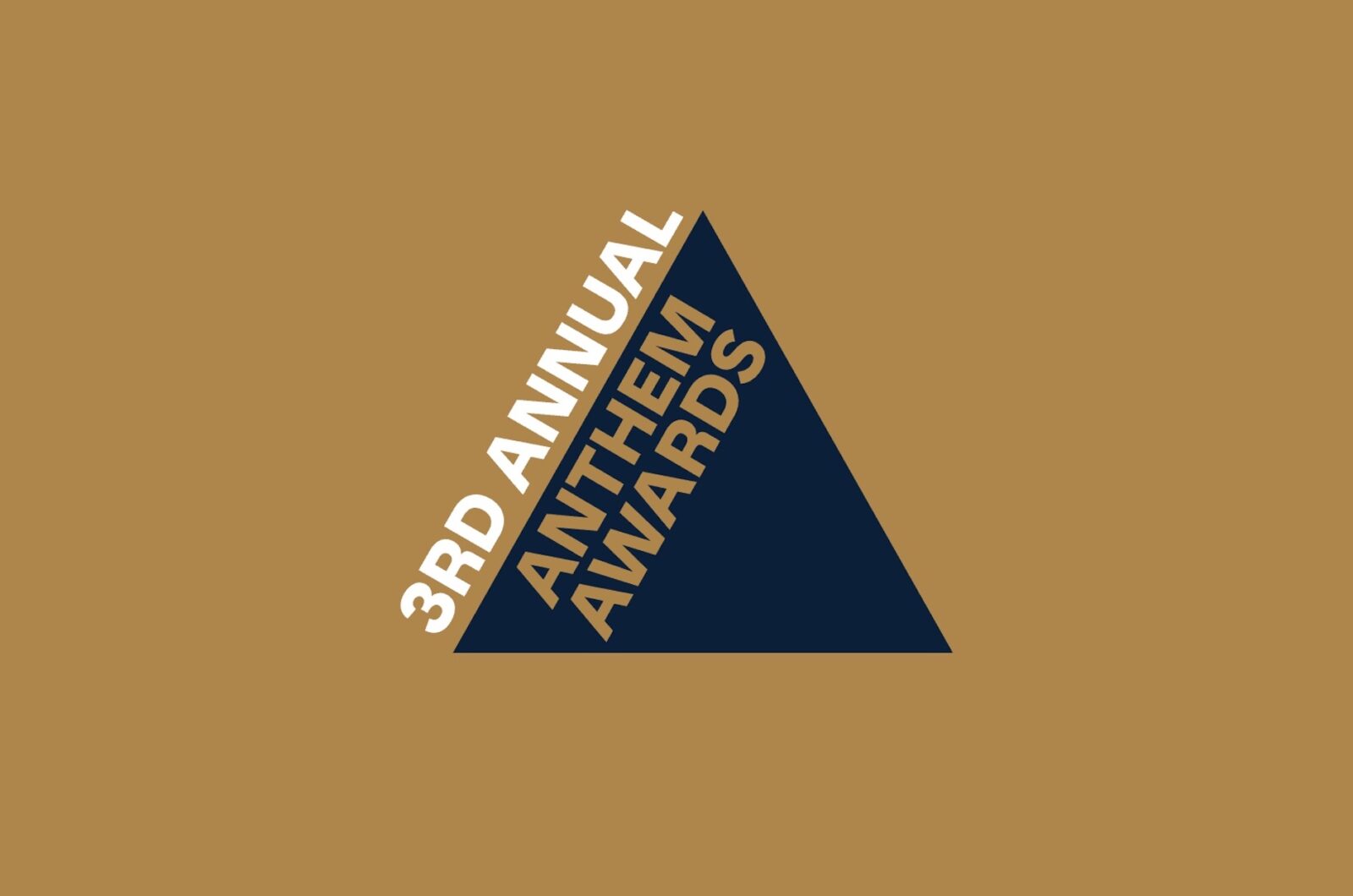
ACE Honored As An Anthem Awards Finalist
Action for the Climate Emergency (ACE) announced today that it won Bronze in Best Use of AI at the 3rd …
Read More
BREAKING: Biden Halts LNG Export Expansion
Today, the Biden Administration temporarily halted all pending decisions on 17 Liquefied “Natural” Gas (LNG) projects across the Gulf South.
Read More
